He had two blogs with a small number of articles which can accessed HERE
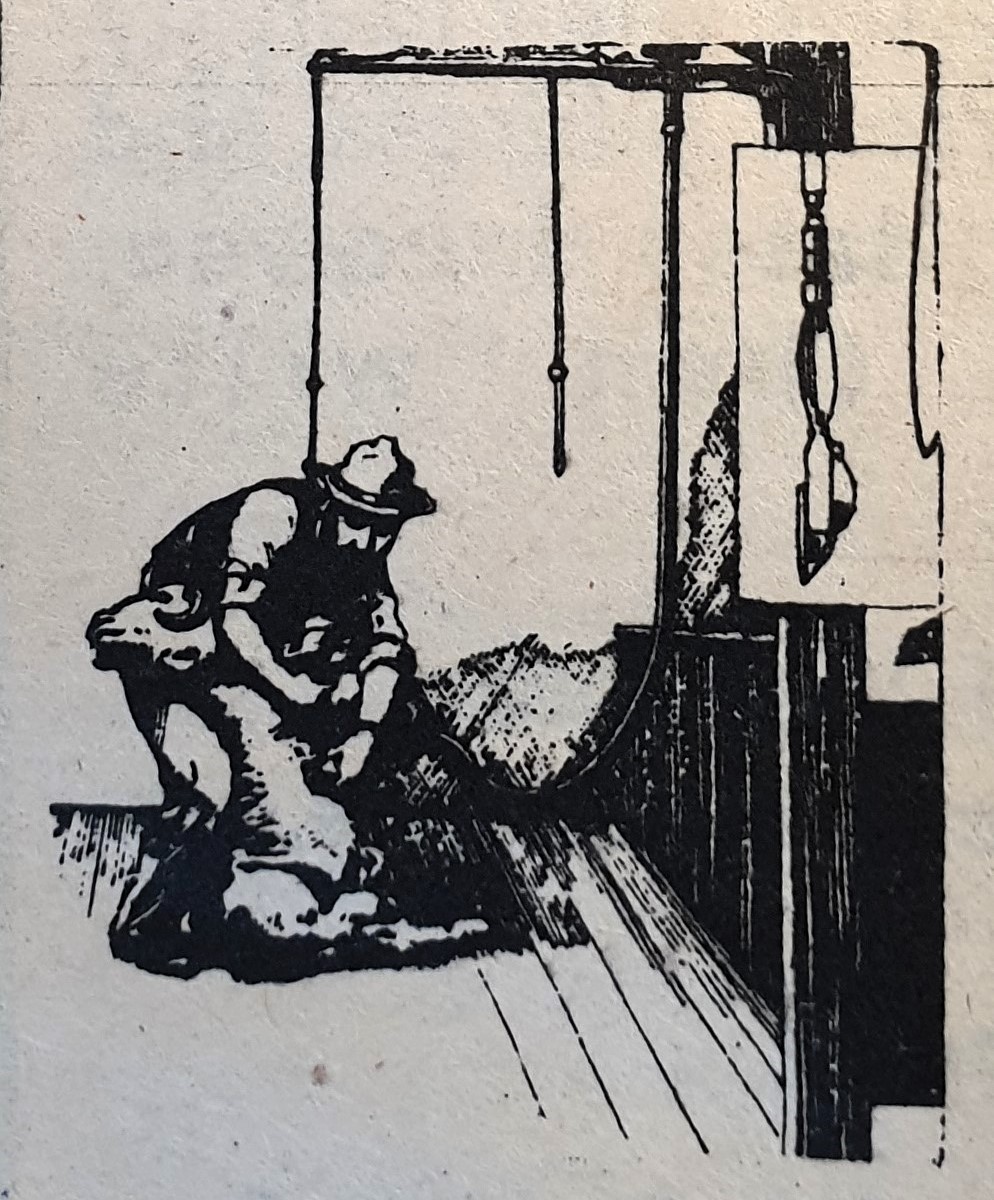
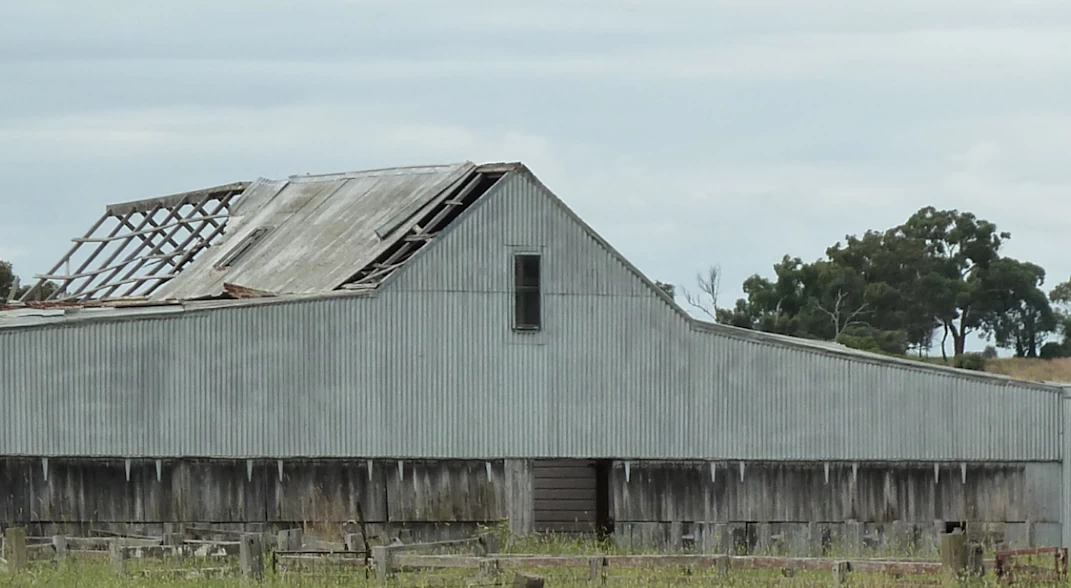
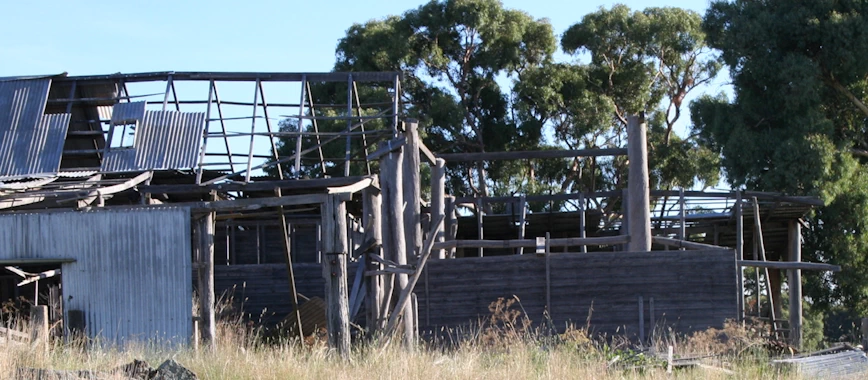
"Stop using those pulled combs or you can pack your bags," said the discerning and generous old woolgrower to a shearer a couple of stands away from me. It was 1970, in an eight-stand shed in Western Australia with two learners. I was one, a 22-year-old left-handed learner. The union representative, a lean man of average height, with what I regarded as an easy-going nature, walked slowly with a shearers' sway to this shearer's stand and, without any hesitation, smashed the illegal combs with the expert's hammer and walked away without saying a word.
I had learned very early in my working years that being a union member was the best insurance a worker had available and I considered it was essential to be a member in every job I have had as a worker. A union-instigated arbitrated standard of rates of pay and conditions of employment with legal help were all part of the membership. Unions, like all organisations, rely on obedience to their rules, with a set protocol in place for any changes to those rules. Shearing was a union-enforced "closed shop," where union shearers would not work with shearers who refused to join, coupled with an arbitrated clause in the Federal Pastoral Industry Award (FPIA) for "union preference" granted in 1956, after nearly 50 years of negotiation. Shearers not covered by the FPIA were covered by state awards, except Western Australia.
- Extract from 'Wide Combs: A Disillusioned Career', an accompanying journal article published in
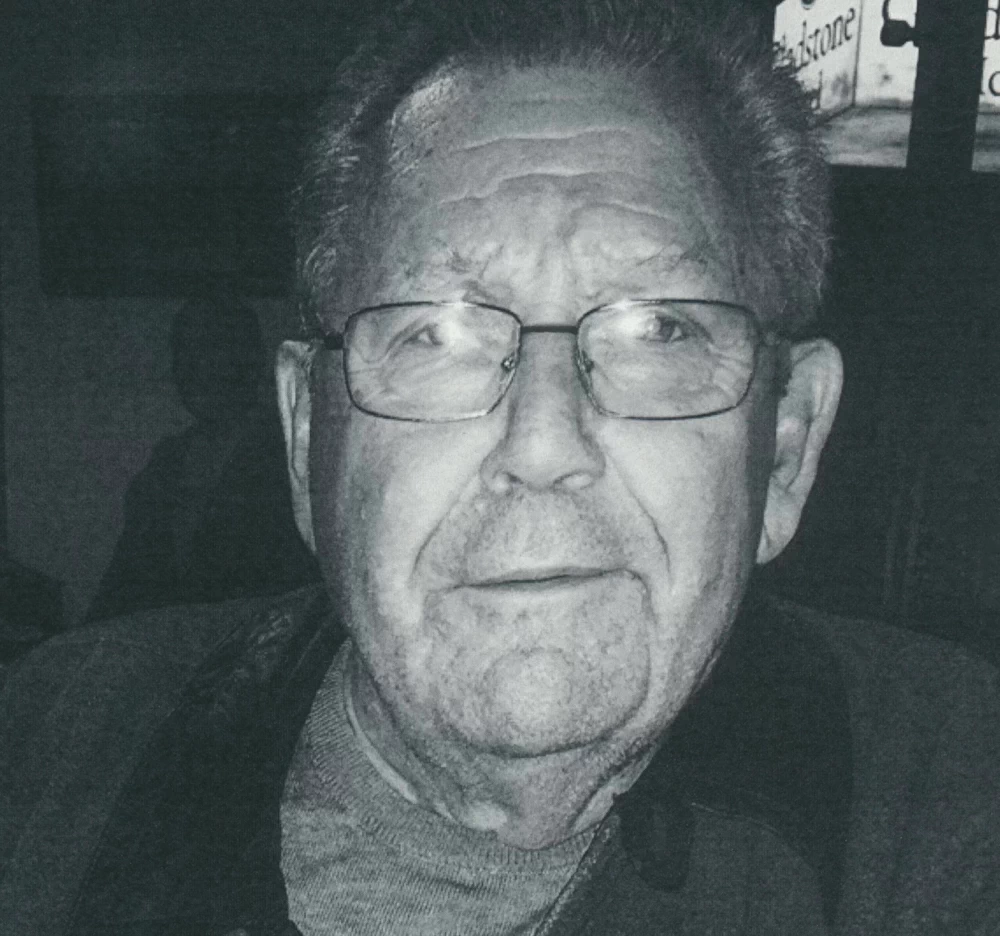
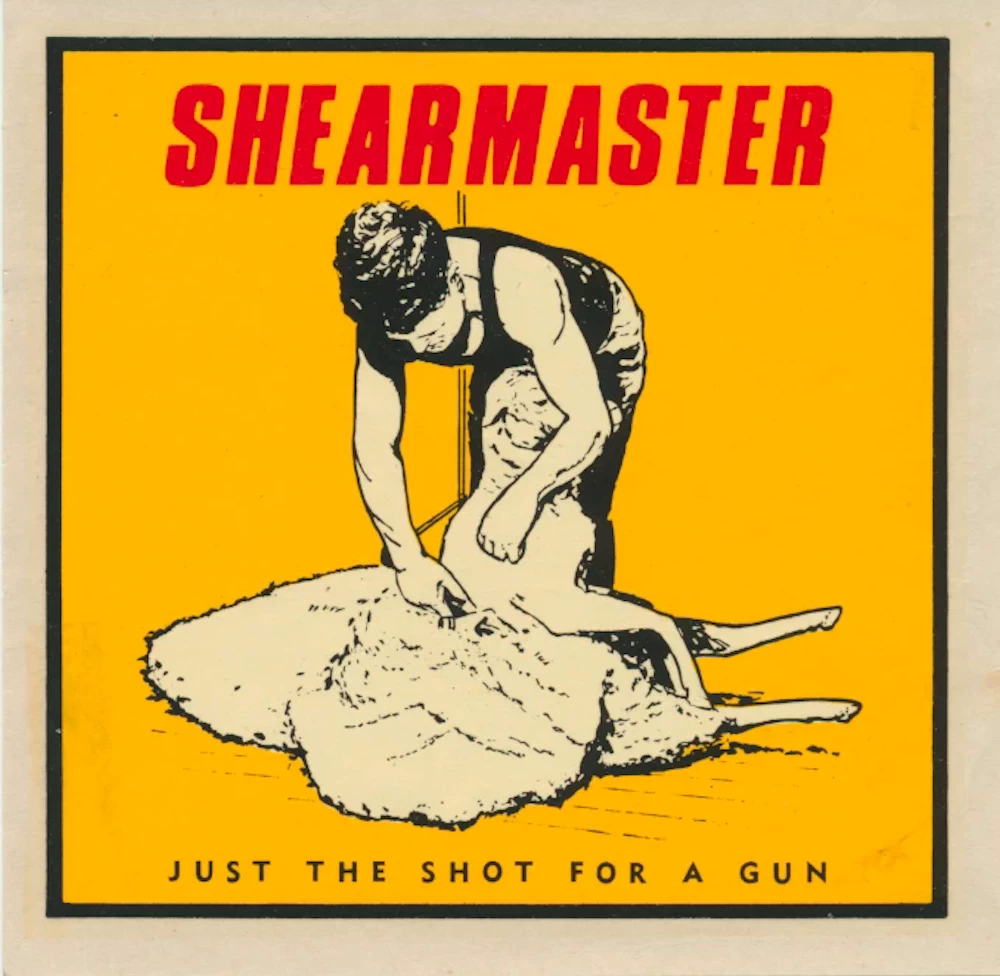
Denis wrote many articles and collected stories and poems relating to shearing over the years.
He had two blogs with a small number of articles which can accessed HERE
